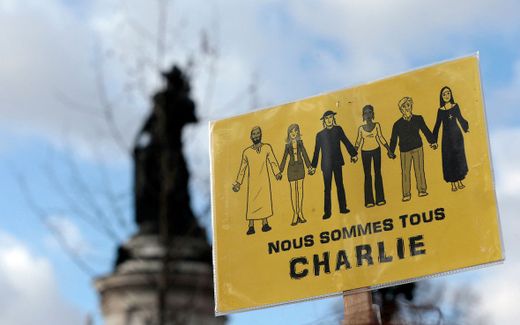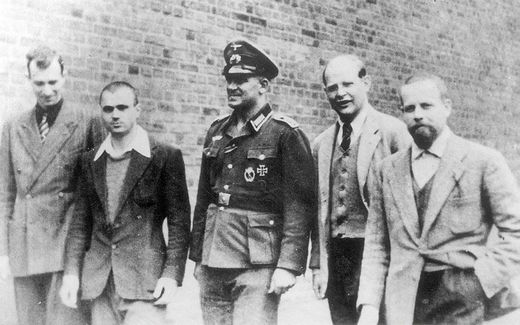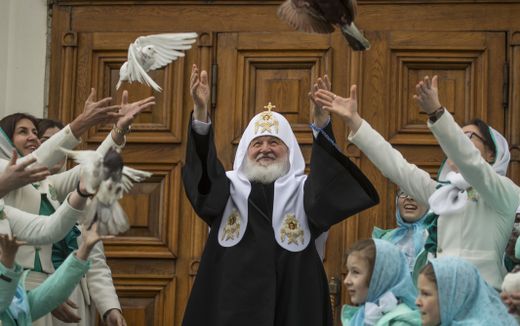In Sarajevo, peacemakers were seen as traitors
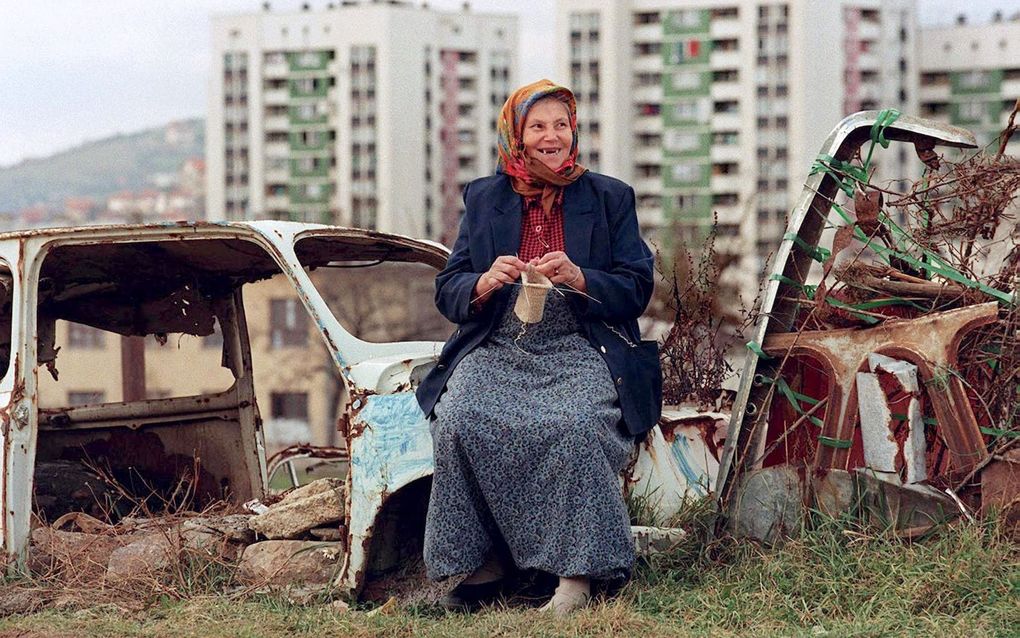
For three years, the city of Sarajevo was besieged before peace came. Also, after the Dayton Agreement in November 1995, peacemakers were not really popular. Photo: a woman knitting at the ruins of Sarajevo just before the peace deal. Photo AFP, Odd Andersen
Southern Europe
Blessed are the peacemakers, Jesus says. But the Gospel does not promise a peaceful life for them. On the contrary, say peacemakers in Bosnia. They have sometimes been treated as traitors
Thirty years ago, they would not have sat so easily at one table as they do now: the Franciscan priest Ivo Markovic, the Bosnian Muslim Prof. Zilka Spahic-Siljak, and Olivera Jovanovic, an Orthodox Serb from Sarajevo. The republics of the former Yugoslavia were at war with each other, and the city of Sarajevo was besieged for three years. Still, politically the country of Bosnia is not stable.

The war in Yugoslavia was not a religious war. And yet, it looked like one. The Serbs were Christian: Eastern Orthodox. Olivera Jovanovic still is. She was appointed recently as an expert in the office of the Serbian Patriarch Porfirije in Belgrade.
The Croats were Catholic, as Father Markovic is. And the Bosnians were Muslim, like Prof. Spahic.
All three lived together in the big city of Sarajevo. They were used to living in a multi-religious environment.
Quarrel
Bosnia is a “pretty violent” society, Markovic acknowledges. “We quarrel very much. That means that, after the war, we had a lot to learn.” From the Franciscan Church and Monastery of St. Anthony of Padua in Sarajevo, which he leads, they try to contribute to that.
After the war, Jovanovic “fell in love” with the peace movement. That was a lasting peace. “At the beginning, I was 25; now, I am 50. But I am still active.”
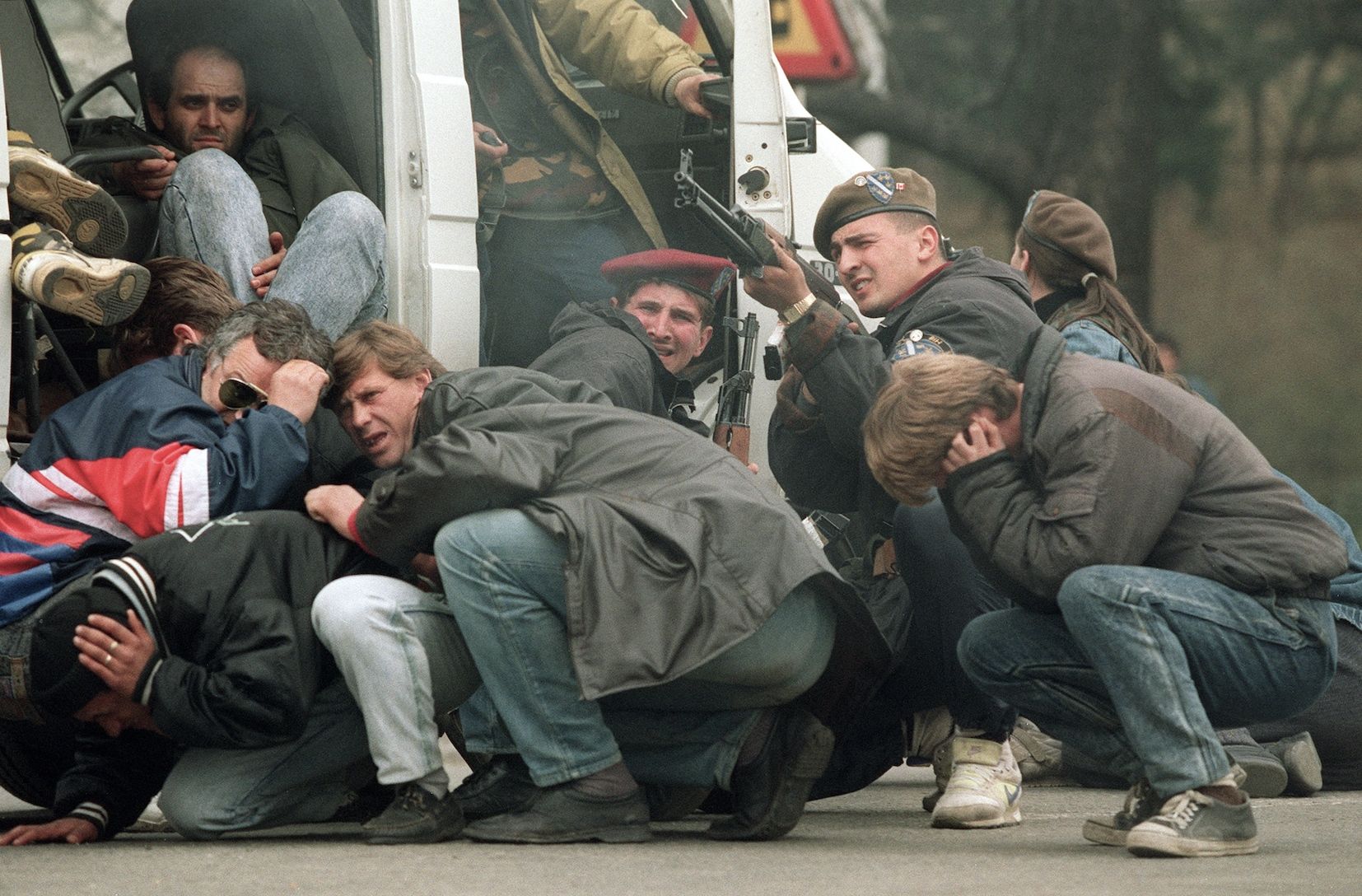
Spahic nods her head. She remembers that her entrance into the peace movement gave “much unrest” in her family. “My mother asked: Please, do not speak about it so much. And: Could you not refuse to go to Serbia so often? Everybody speaks about you! I was seen as a friend of the Serbs.”
The three leaders shared their story at a meeting of the Peace & Reconciliation Network (PRN) in the margin of the conference Hope for Europe from the European Evangelical Alliance (EEA) in Sarajevo in October this year.
Aliyah-Serbs
The Bosnian priest Markovic was in contact with Croats. Many people blamed him for that. “They saw me as a traitor – that’s for sure.”
He saw a lot of fear. That’s dangerous, he knows. “The opposite of faith is not unbelief but fear. You have to lay that down. Dialogue with other people can help with that.”
Also, the Orthodox Christians were not seen as ordinary citizens of Sarajevo. Jovanovic: “We were seen as aliyah-Serbs (Serbs in the diaspora, ed.). I became aware that you must practice what you preach. So, don’t put hate speech against Muslims on Facebook during the night, and be a peace worker the next morning.”
Spahic knows a teacher who survived the massacre of Srebrenica as a kid. “At his school, the word Serb is a word of abuse. As a Bosnian, he understood. However, he was expected to join in. But they called him a traitor as soon as he showed he disapproved.”

Schools are still full of trauma and bitterness. Many parents have been involved in crimes, says Spahic. “But look at the Mothers of Srebrenica. They are active in peace work. Many nationalists never experienced anything bad. They have no reason to be full of hatred.”
Jovanovic tells about another boy, a Serb. “He ran away when his father and mother were killed and survived. Now, he serves as a deacon in the Serbian Orthodox Church. He never said a nasty word.”
Capitalism
About 25 years after the war in Bosnia, there is still a lot of pain in the peace. Markovic: “We need healing from traumas. That is clear. Education is critical in this.”
Spahic: “Many people are devoured by their bitterness.”
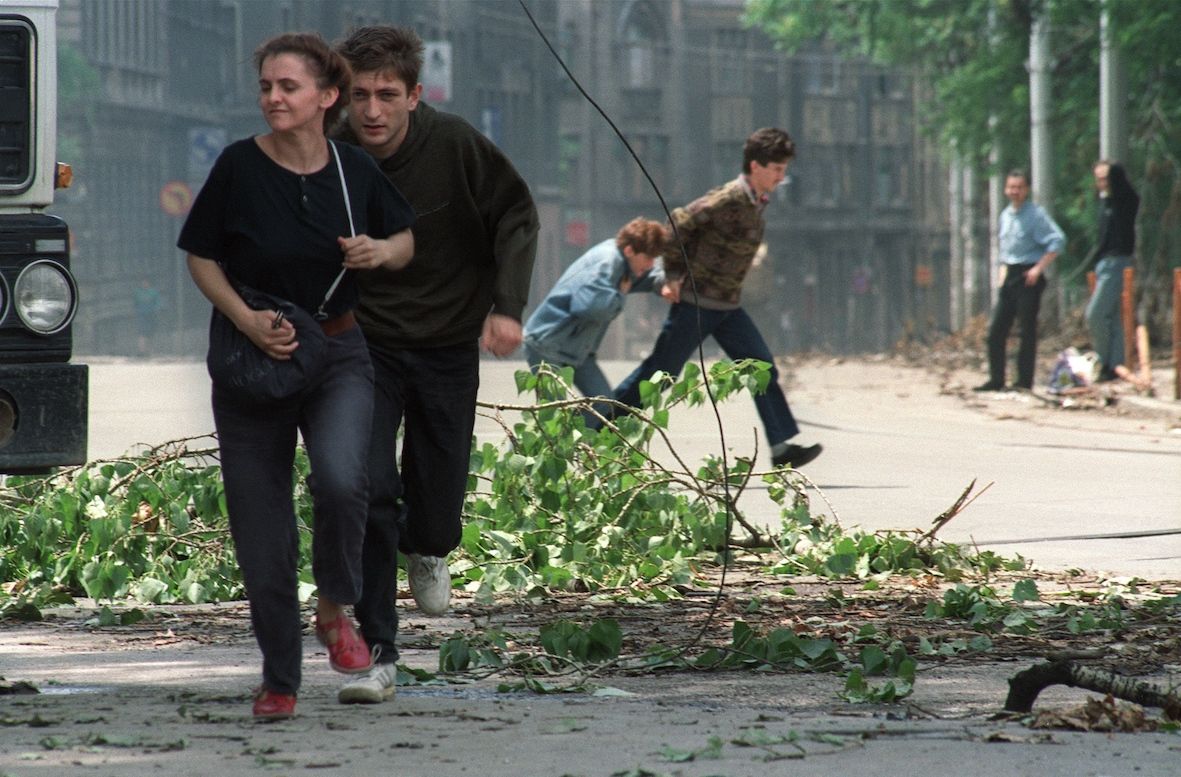
Markovic: “Once, I had somebody in the confession box who said: I hate them so much, I will kill their children! My answer to him was: Repent! He was enslaved to the past. But we have to open the road for people to meet God. Embrace is the only answer to bitterness. You have to help people change from minus to plus.”
Spahic refers to the late South African Archbishop Tutu, who has widely been seen as an example of peacebuilding. That era is over, the Muslim professor says. “The hope for South Africa has died in capitalism. Peace-making implies fighting poverty as well. What can you do with peace if you are poor?”
Jesus’ comeback
Although Zilka Spahic is Muslim, she is convinced that believers should “prepare the people for Jesus’ comeback. We have to teach the people so that they recognise Him.”
Jovanovic thinks it is important to recognise Jesus. “It does not need to be a long journey from know-how to show-how.”
Fruit
There is no higher value in the world than peace. Markovic is convinced of that. “It is true: faith is surrendering to God. But the first fruit of that is peace. It is the cleansing of the spirit.”
Also, the world expects Christians that they speak about peace. “Let us be more aware of this. Jesus was radically non-violent. Most believers would rather undergo violence than commit it.”
Protestants
The Catholics, not the Protestants, stimulated peace in Bosnia, Markovic says. “Many of us were involved in interreligious networks.”
Sarajevo still knows just a handful of Protestants. Markovic remembers that especially the Mennonites were helpful in the peace movement. “They have been persecuted themselves, also here. That gives them another perspective. It is easier to understand the place of the persecuted.”
The Mennonites give a strong witness in the world. Markovic admits he did not always follow that example. “During the war, I have been to the US to plead for sending weapons to Bosnia. Mennonites would not have done that. But my goal was to stop the violence. A peaceful witness is necessary. For me, the Mennonites are the best Christians in the world. In many respects, they are like the Franciscans.”
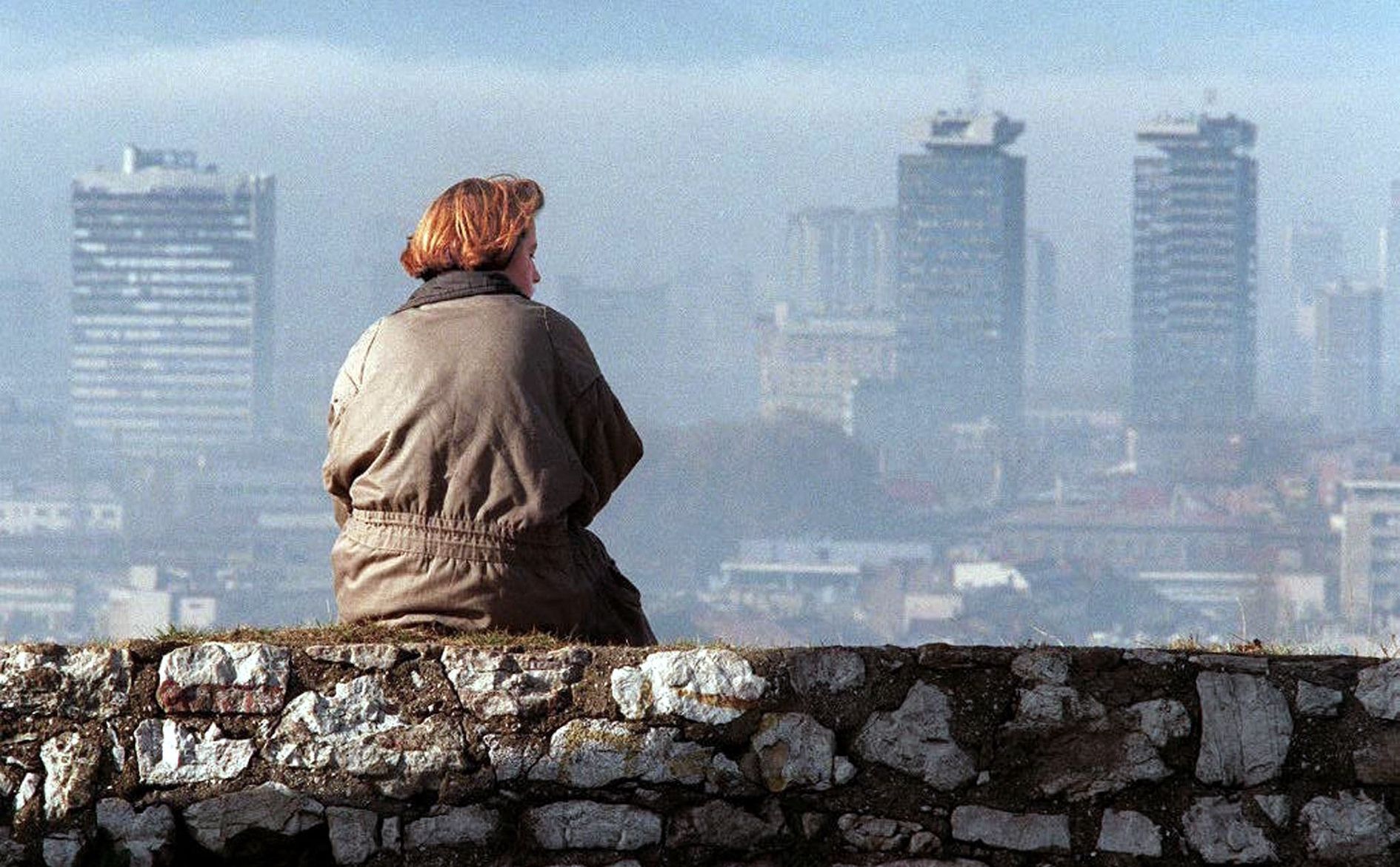
Another factor with Protestants is that they have had good schooling, the Franciscan leader says. “Protestants belong to the best-educated people in the world. Everywhere, they have good schools. That brings them in the position to do something for society.”
Empathy
Jovanovic has no eye for the differences between believers. “For me, all Christians are the same. Your faith is, first of all, connected to your conscience. And to your dignity. Still, it is important to know about others and their convictions. Otherwise, you cannot have empathy for their religious interests.”
Related Articles



